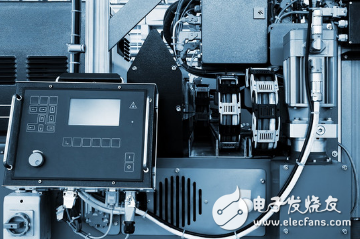Using electrical former CEO Jeffrey Immelt, the pressure on industrial companies to adapt to changing environments is growing. They have experienced new business models and new technology shocks. After steam, electricity and computers, there is now a wave of new technologies that are reshaping the industry. These technologies are known as information physics systems, including cloud computing, the Internet of Things, and the convergence of the world of physics, digital and biology. In this article, I would like to outline the ideas for evaluating Industry 4.0 startups, introduce the opportunities and risks of this market with more than 100 companies, and provide some of the founders of this industry based on the discussions I have conducted. Suggest. In the past few years, new concepts have evolved and are transforming industrial value creation: from the development stage to the manufacturing and assembly process, to the delivery of products to end customers. Here are the most interesting changes: Light-off factory: When I first heard this concept, I was surprised to find that the first light-off factory has been in operation since the 1980s. This term is basically synonymous with an automated factory, meaning that the factory is running 24/7 without any real people involved. Collaborative Robots: With the advancement of artificial intelligence, many people talk about which jobs will be replaced by robots. Collaborative robots use the collaboration of people and machines, not machines to replace humans. These robots are usually very adaptable and can support human repetitive work. Interesting examples include Festo's ExoHand or Skoda's factory, where collaborative robots support workers on the assembly line. In-memory computing: This is important for IoT to collect and analyze memory data on a single copy of data on platforms such as SAP HANA. Edge Computing: Cisco proposed that edge computing allows companies to process data as close as possible to the data source, rather than in the cloud. The advantage is less latency and higher security than data transfer to the cloud. Machine Learning and AI: This is obvious. Numerous data streams throughout the production process provide a solid foundation for obtaining predictive insights beyond any traditional manufacturing execution system (MES). Self Fusing Rubber Tape,Scotch Self Bonding Electrical Tape,Self Fusing Tape,Rubber Tape Self Fusing Longkou Libo Insulating Material Co.,Ltd. , https://www.liboinsulation.com